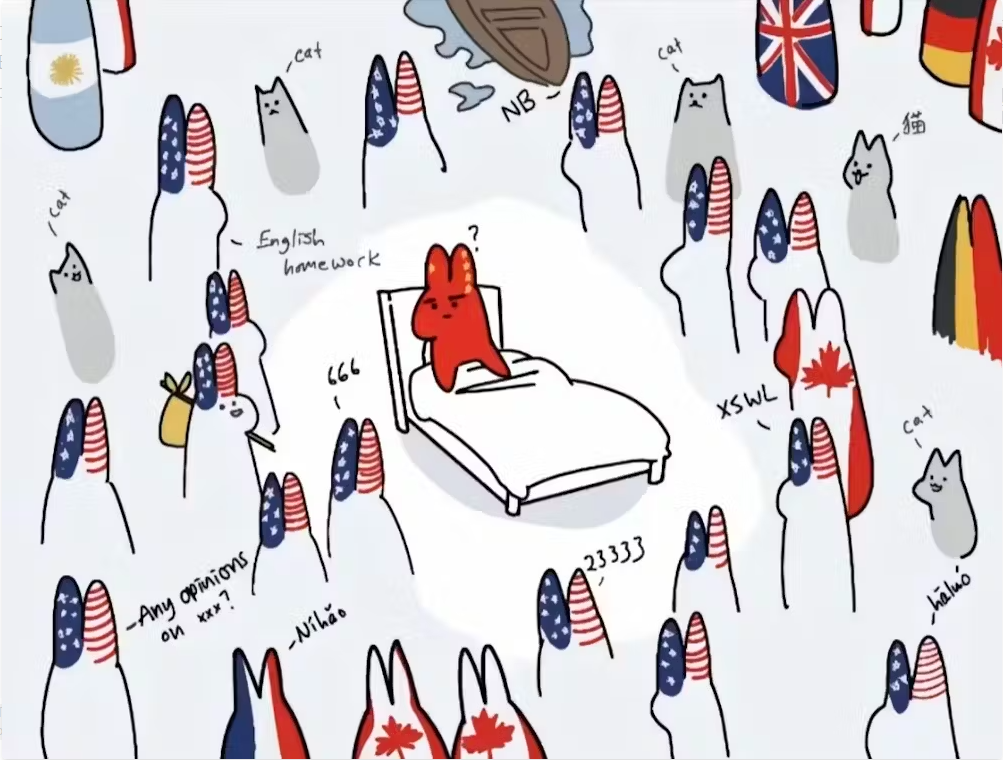
Mark Witzke, Analyst and nonresident scholar, UC San Diego 21st Century China Center
Apr 15, 2025
Digital platforms like RedNote are fostering new cross-Pacific interactions between U.S. and Chinese users, content creators, and celebrities, offering fresh opportunities for cultural exchange amid declining in-person engagement. Despite political tensions and regulatory hurdles, digital spaces are emerging as vital bridges between the two nations.
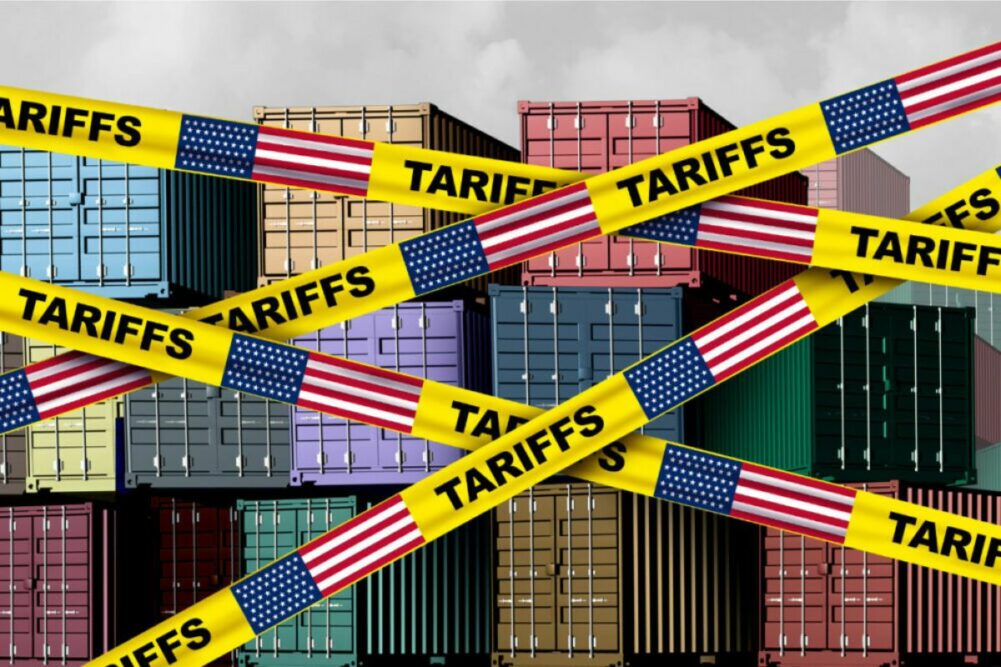
Dan Steinbock, Founder, Difference Group
Apr 15, 2025
Thanks to President Trump’s new round of international tariffs, the global economy is now at the risk of unraveling. This is not just the result of plunging world trade and investment, but of soaring U.S. military expenditures.

Huang Yiping, PKU Boya Distinguished Professor and Former Member of the Monetary Policy Committee, People’s Bank of China
Apr 14, 2025
US President Donald Trump’s “Liberation Day” announcement of sweeping new tariffs on imports from more than 180 countries will be remembered as a man-made economic tsunami. Many are already comparing it to President Herbert Hoover’s 1930 Smoot-Hawley Tariff Act, which slashed global trade by 66% in five years and deepened the Great Depression. Trump’s tariffs – most of which have been abruptly paused for 90 days – have rattled financial markets, prompting analysts to warn that the United States could enter a recession in 2025.
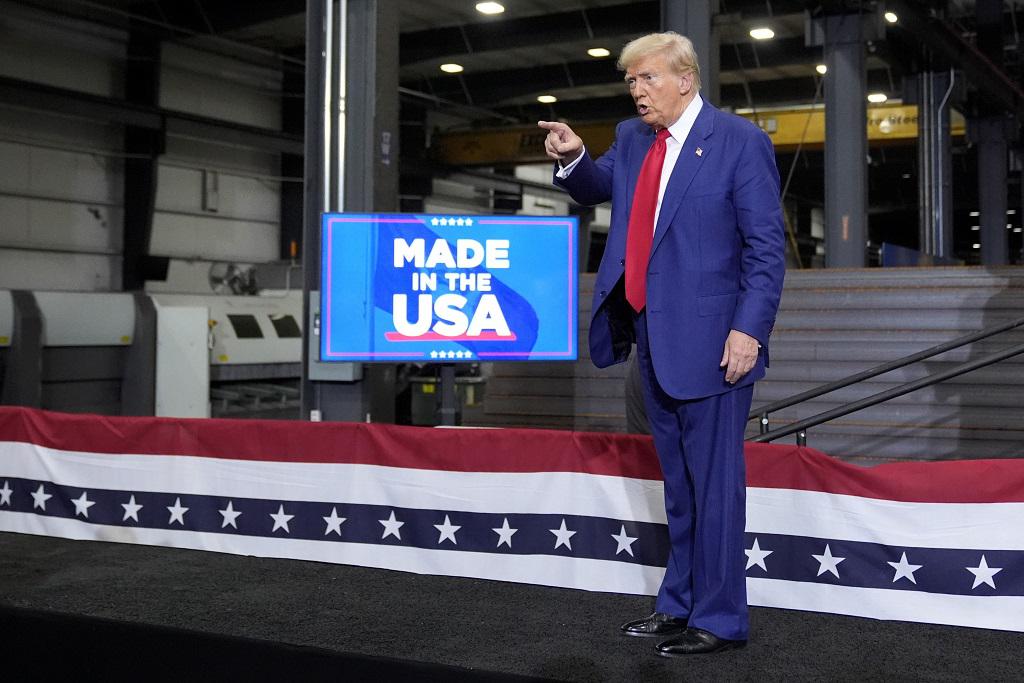
Wang Yuzhu, Research Fellow, Institute for World Economy Studies, SIIS
Apr 11, 2025
A broad vision is necessary if the United States wants to bring industry back home. The time has come for the it to reconcile its ambitions with on-the-ground realities. Washington should develop a sustainable strategy for managing relationships with other major powers, especially China.
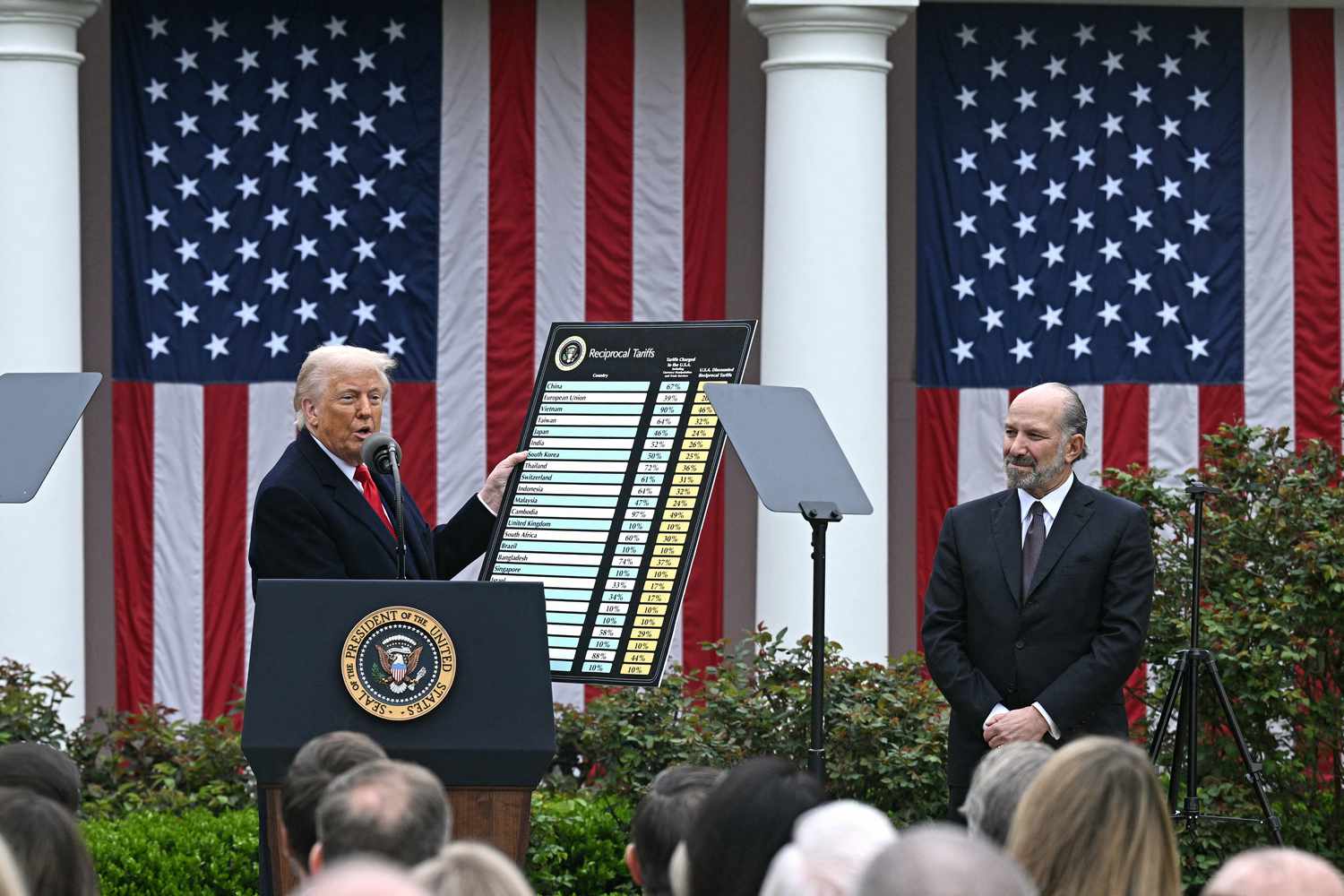
Dan Steinbock, Founder, Difference Group
Apr 05, 2025
After a decade of deglobalization and U.S. geopolitics, globalization is no longer at crossroads, but unraveling. The longer this plunge prevails, the greater will be its costs.
Joseph S. Nye, Professor, Harvard University
Feb 13, 2025
As wildfires raged through Los Angeles in January, the infamous American conspiracy theorist Alex Jones posted on X (formerly Twitter) that they were “part of a larger globalist plot to wage economic warfare & deindustrialize the [United] States.”
Lucio Blanco Pitlo III, President of Philippine Association for Chinese Studies, and Research Fellow at Asia-Pacific Pathways to Progress Foundation
Nov 29, 2024
The Regional Comprehensive Economic Partnership (RCEP), the world’s largest trade pact, integrates 15 diverse economies to revitalize globalization, enhance trade rules, and bolster ASEAN’s centrality in regional trade. Amid U.S.-China tensions, RCEP offers opportunities for supply chain shifts and industrial upgrades while positioning China to deepen ties with developing regions through initiatives like the Belt and Road.
Zhou Xiaoming, Former Deputy Permanent Representative of China’s Mission to the UN Office in Geneva
Aug 23, 2024
The multilateral trading system faces an existential challenge as the United States and European Union seek to continue — or even expand — trade protectionism. If Donald Trump returns to the White House, there are good reasons to believe that he will try again to hijack the World Trade Organization. Meanwhile, protectionism by Europe only makes things worse.
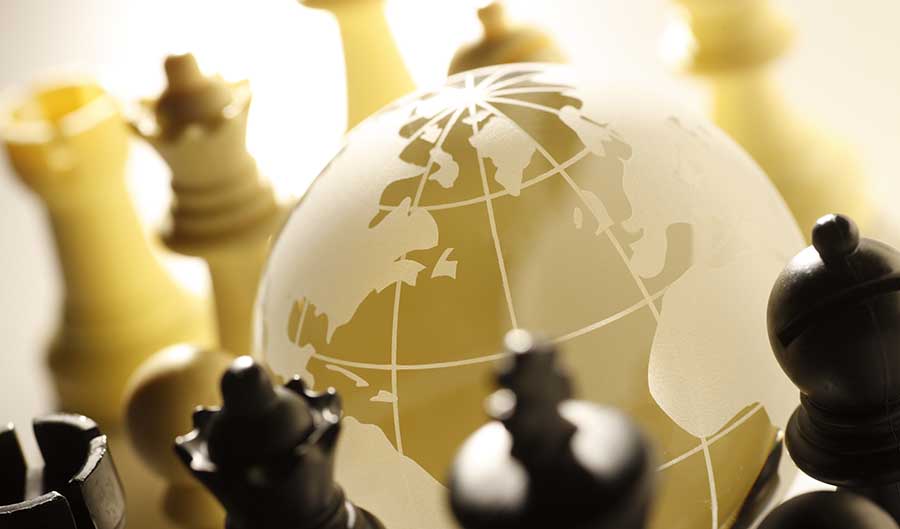
Yan Xuetong, Distinguished Professor, Tsinghua University
May 08, 2024
When discussing the global order and China's foreign policy, we must examine how China adapts its foreign policy to changes in the global order. There is a debate on whether we are returning to a Cold War-like situation. Many believe we are, drawing parallels between the current U.S.-China competition and the former U.S.-Soviet rivalry, which shaped the international power structure.

Hu Dawei, Research Fellow, China Institute of International Studies
Jun 08, 2023
Hiroshima highlighted the decline of Western influence in global economic governance. The group’s inherent inadequacy arises from the desperate effort by a small group of member nations to maintain their dominant position in the world.